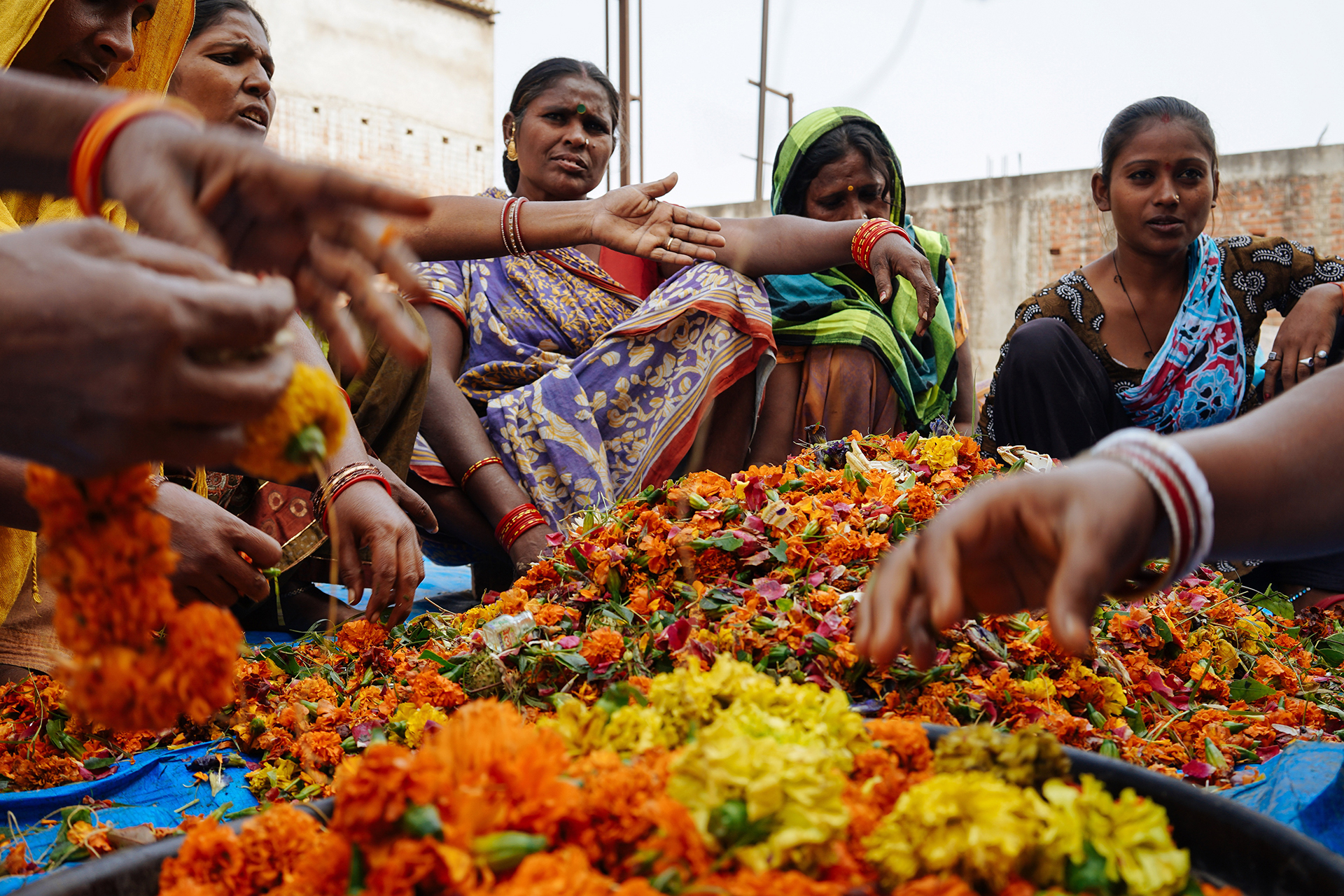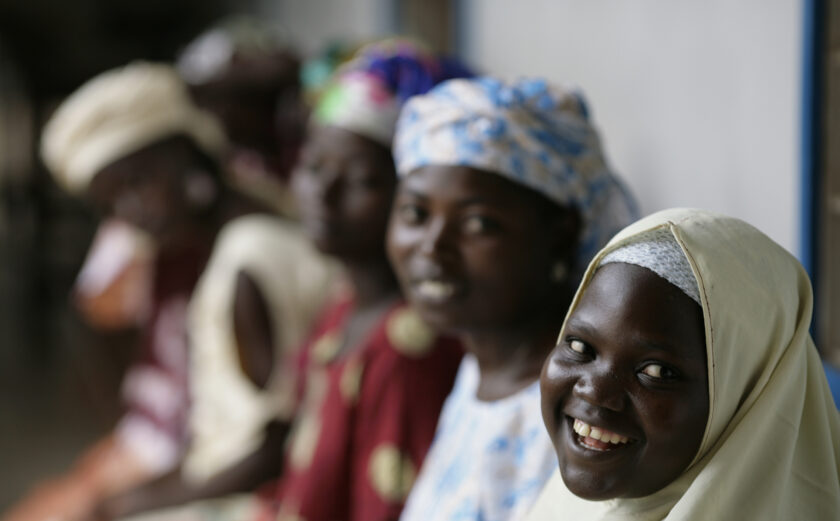
More Than an Afterthought
Recommendations from PSEA Focal Points
Many humanitarian and development organizations use prevention of sexual exploitation and abuse (PSEA) focal points to implement PSEA practices at the field level.
While the key responsibilities of focal points vary depending on the organization, focal points typically are responsible for integrating PSEA measures into all activities, conducting awareness-raising sessions, and identifying ways to enhance prevention strategies.
In June 2021, InterAction’s From Pledge to Action Project launched a “PSEA Focal Point Community Engagement Survey” and convened focus group discussions (FGDs) to gather information from PSEA focal points about the practices they are using to engage with communities on SEA. However, the survey results and FGDs revealed that this is not happening on a wide scale across humanitarian and development organizations. Instead, many focal points used the survey and FGDs as an opportunity to discuss the broader challenges they are facing in their roles. The report shifted focus accordingly.
Recommendations from PSEA Focal Points
- Provide dedicated funding to PSEA focal point positions and activities
The most cited challenge in the survey and FGDs was that PSEA focal points do not have enough time to dedicate to safeguarding. PSEA remains a largely unfunded mandate for organizations, and without funding, it is nearly impossible for organizations to devote the necessary staff time or resources to accomplish this. Thus, organizations must provide specific funding for organizations to invest in PSEA staff, resources, and capacity building.
- Professionalize the PSEA focal point role
Most focal points said that only 10-25% of their time is dedicated to safeguarding. However, because PSEA is integral to an organization’s operations, organizations should have a full-time PSEA focal point in each program location to help prioritize PSEA. Further, PSEA focal points should receive proper support and training from senior management to ensure they are successful in their roles.
- Establish regional communities of practice (COPs) for PSEA focal points
Many focal points expressed a desire to learn from other focal points and organizations on this issue. Several respondents also highlighted the need for stronger networks and COPs for focal points to discuss challenges, share best practices, and coordinate prevention efforts.
- Leverage relationships with partner and community-based organizations
As one survey respondent explained “the way you can get into the community is through the partners. Even if you have a strong safeguarding system, you need the partners. That is something we are learning and building on.” The community often already trusts community-based organizations (CBOs), so these organizations are best suited to discuss sensitive topics such as SEA. It should be standard practice to work with CBOs and women’s groups to engage with communities on SEA.
- Senior leadership needs to make an explicit commitment to PSEA
Senior leaders play a pivotal role in setting organizational priorities. Not only does this influence the prioritization of resources, but it also signals to staff what the organization values. For this reason, many survey respondents and FGD participants expressed the need for senior leadership to make a verbal, ethical and financial commitment to PSEA.
This report was written by InterAction’s Community Engagement subgroup, including Bethany Christian Services Global, FHI 360, Food for the Hungry, International Medical Corps, Mercy Corps, Oxfam, Syrian American Medical Society, and WEEMA International.
You can read the full report HERE.






